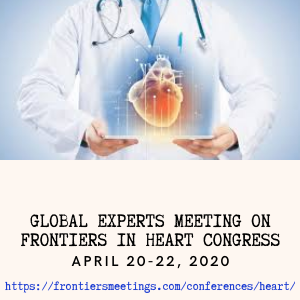#Heart_disease refers to several types of problems that
affect the heart. The most common type of heart disease is #coronary_
artery_disease (CAD). Heart disease is also called #cardiovascular disease.
Cardiovascular disease includes diseases of the #blood_
vessels, which carry #blood to different parts of your body. These include
coronary artery disease, vascular (peripheral artery) disease, and #stroke.
The most common heart
attack symptom in women is the same as in men – some type of #chest_pain,
pressure or discomfort that lasts more than a few minutes or comes and goes.
But chest pain is not always severe or even the most noticeable symptom,
particularly in women.



